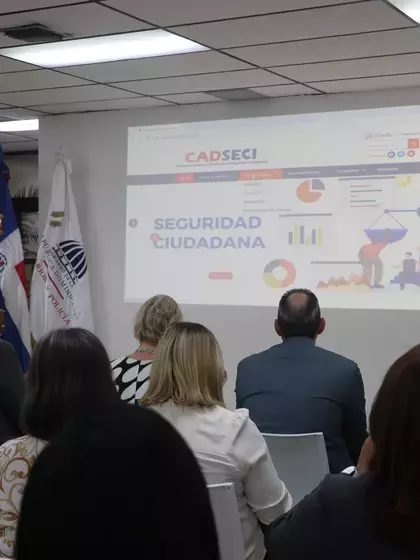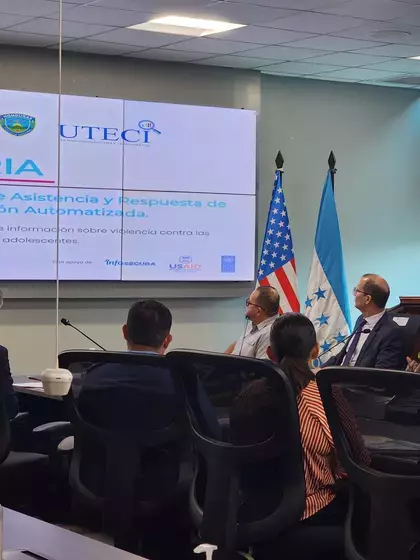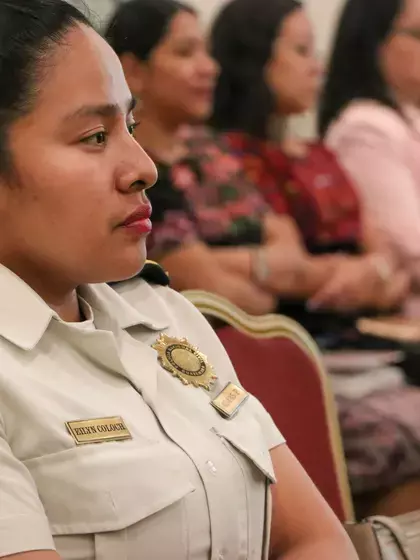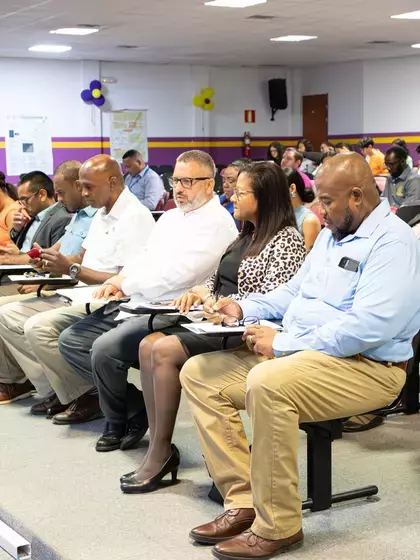InfoSegura closes Second Citizen Security Week full of exchanges, solutions, lessons learned and high turnout
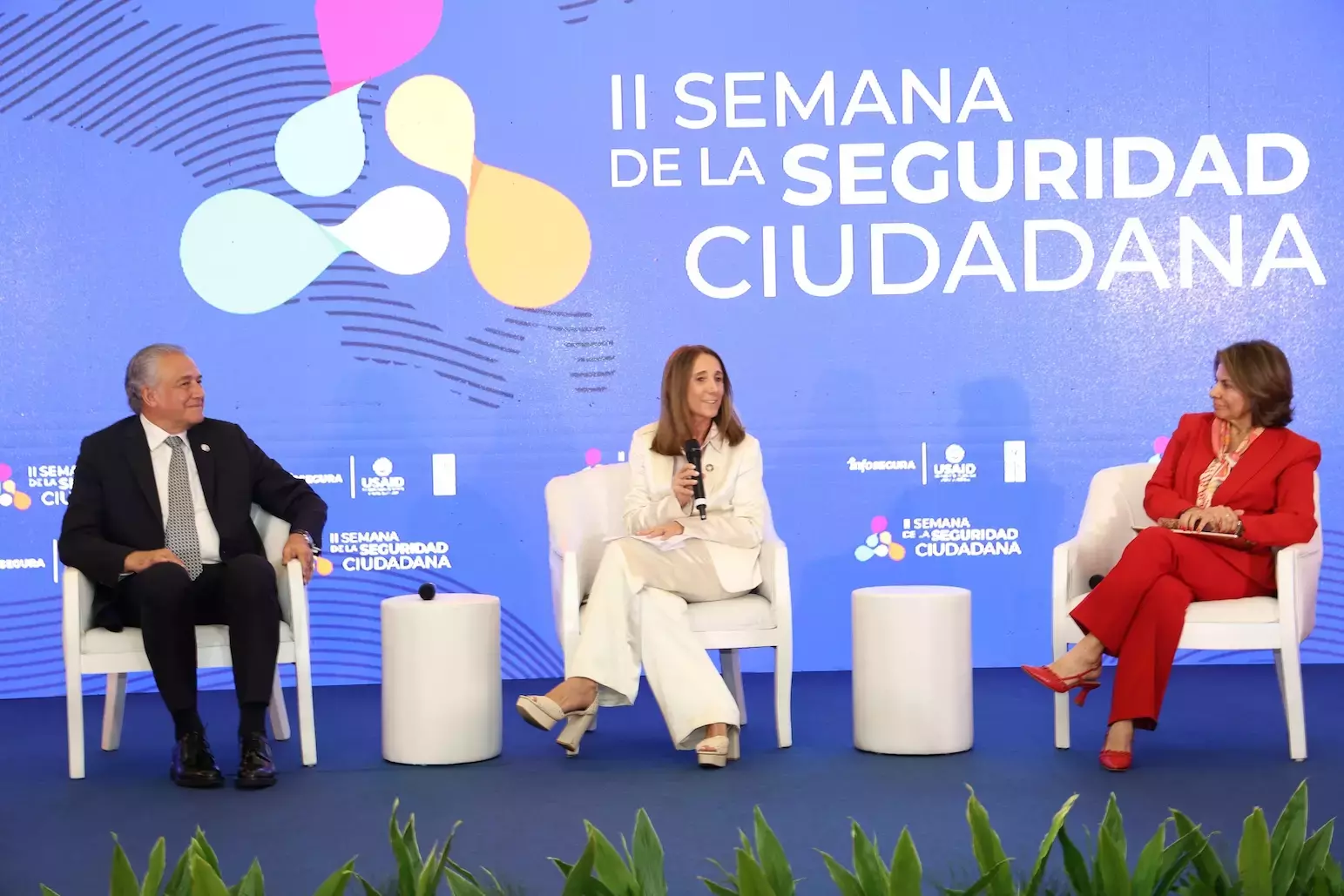
Objectives were met beyond expectations. The general sentiment at the close of the region's most important event on citizen security was that the objectives set out in the agenda had been met: innovative people-centred solutions, lively exchanges between panellists and attendees, lessons learned and highly engaging sessions.
Second Citizen Security Week took place in Panama City from 23 to 25 January, bringing together government representatives and ministers from Central America and the Dominican Republic, global experts, statistics agencies and institutes, the business sector and civil society organizations. The way all engaged actively is a clear sign of the importance of working in a coordinated and organized manner to address citizen security.
Over the course of three days, it became clear that certain indicators for the region have made meaningful improvements over the past ten years. Since 2014, the region has seen homicides drop 44 per cent. Despite the progress achieved, a number of participants pointed out that crime dynamics and criminal phenomena continue to evolve, underscoring the need to multiply efforts to maintain and enhance security in the region.
“The United States has historically supported Central America and the Dominican Republic in addressing citizen security from a multidimensional perspective with effective governance and inclusive development. Along these lines, for almost 10 years the USAID and UNDP InfoSegura Project has provided countries with the data and statistics they need to prepare effective crime and violence prevention strategies and programmes,” noted John Barrett, Deputy Chief of Mission of the U.S. Embassy in Panama.
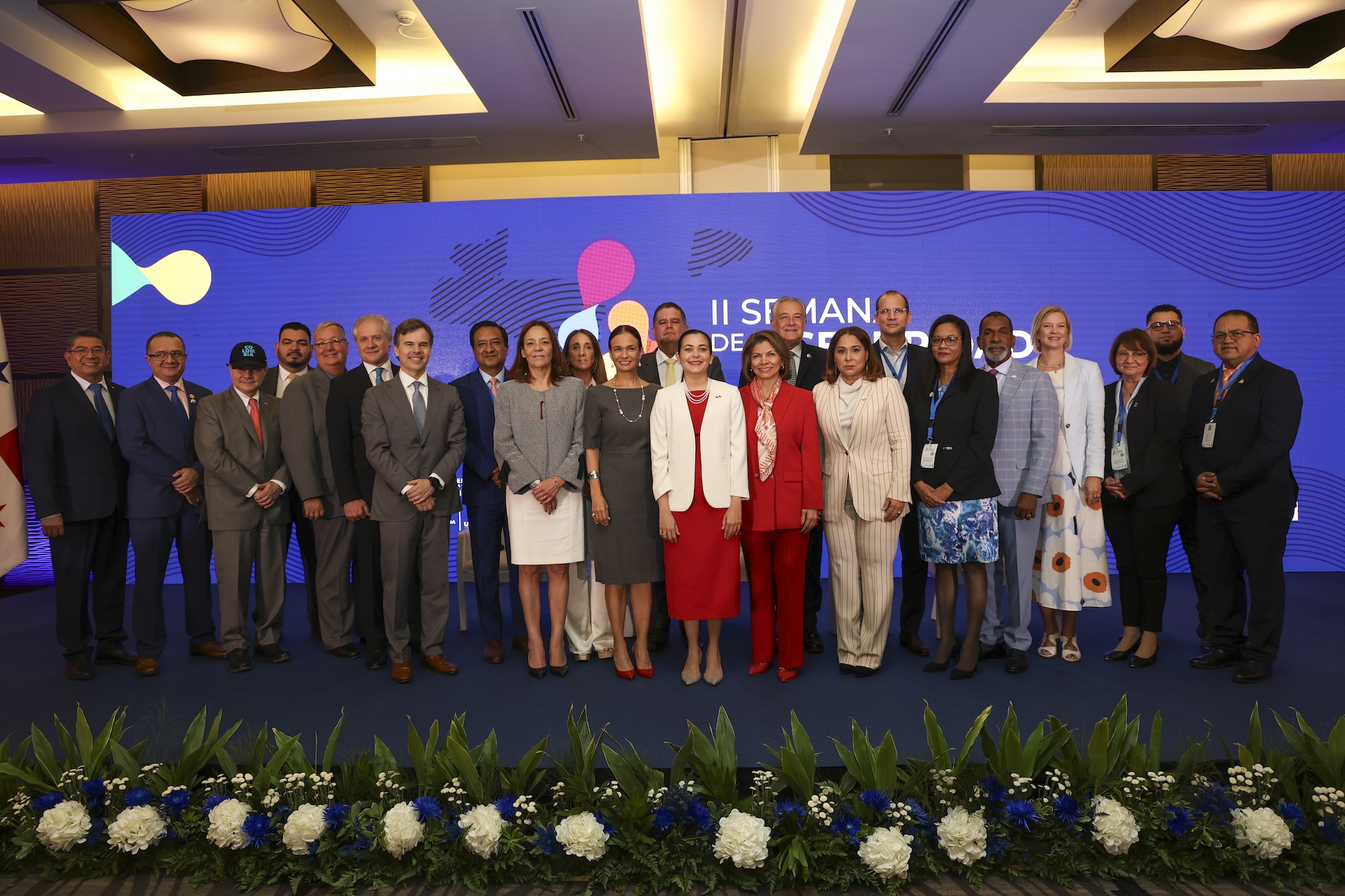
Authorities during the inauguration of the II Week of Citizen Security of Infosegura.
José Cruz-Osorio, Director of the Regional Hub for UNDP Latin America and the Caribbean, noted that “the region cannot sacrifice neither democracy nor human development for security at any price. The Rule of Law and solid institutions are the way forward to develop and fully expand people's capabilities and, therefore, to improve security conditions.”
The Second Citizen Security Week focused on promoting more effective governance in the context of the work towards achieving the Sustainable Development Goals (SDGs), especially SDG 16 on Peace, Security and Justice. The event opened a lively space for high-level discussion, exchanging experiences and identifying best practices that can contribute to citizen security, social cohesion and justice improving in the region.
Interventions by former President of Costa Rica Laura Chinchilla and former Vice President of Colombia Oscar Naranjo laid the course and set a high bar for analysis, experiences and knowledge. A variety of citizen security-related issues were addressed during the sessions that followed, in forums, keynote lectures, as well as sharing experiences, reports and studies.
Panellists, guest-authorities and the public take home lessons and knowledge to implement effective strategies for long-lasting impact on the security and wellbeing of the region. With the support of UNDP and USAID through InfoSegura and with the renewed commitment of the participating countries, the event's attendees agreed that data and innovation are the key to continue advancing towards safer, fairer and more cohesive societies.

